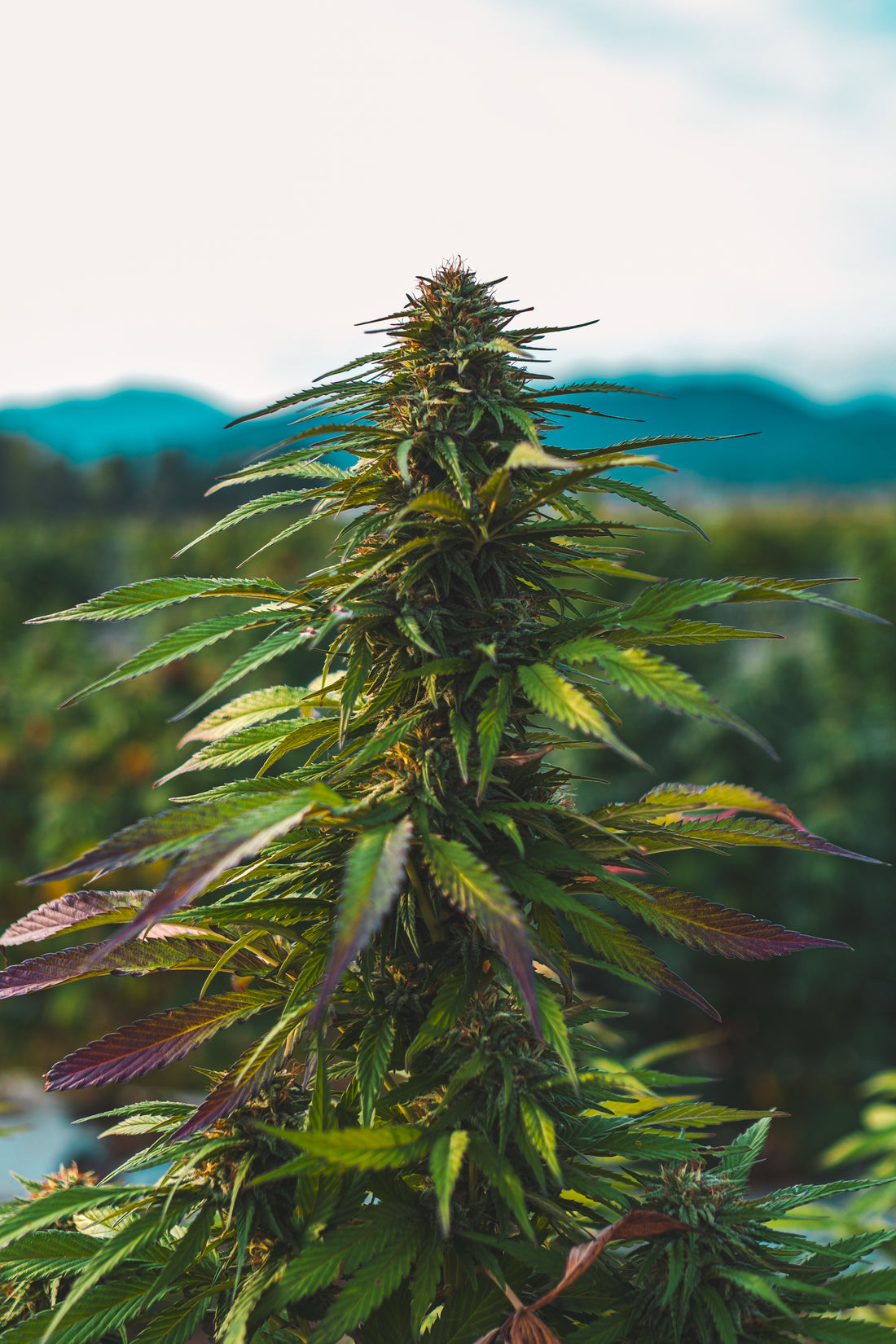In recent years, cannabinoids like CBD (cannabidiol) and CBG (cannabigerol) have garnered significant attention for their potential health benefits and therapeutic properties. As the cannabis industry continues to evolve, understanding the differences between these two compounds is essential for making informed decisions regarding their usage. In this blog post, we'll delve into the distinctions and potential benefits of CBG versus CBD.
Understanding Cannabinoids
Cannabinoids are natural compounds found within the cannabis plant. They interact with the body's endocannabinoid system, a complex network of receptors that play a crucial role in maintaining various physiological processes, including mood, appetite, pain sensation, and more. CBD and CBG are two prominent cannabinoids, each with unique properties and potential benefits.
CBD (Cannabidiol)
CBD is one of the most well-known cannabinoids and is often sought after for its non-intoxicating properties. Unlike THC (tetrahydrocannabinol), CBD does not induce a "high." It's widely used for its potential therapeutic effects, which may include:
-
Pain Relief: CBD is believed to have analgesic properties, making it potentially beneficial for managing chronic pain and inflammation.
-
Anxiety and Stress: Many users report that CBD may help alleviate feelings of anxiety and stress, promoting a sense of calm and relaxation.
-
Improved Sleep: CBD may aid in improving the quality of sleep by addressing issues like insomnia and promoting a more restful sleep cycle.
-
Neuroprotection: Studies suggest that CBD may have neuroprotective properties, potentially benefiting individuals with neurological disorders.
-
Seizure Management: Epidiolex, a CBD-based medication, has been approved by the FDA to treat certain types of epilepsy.
CBG (Cannabigerol)
CBG, although less known than CBD, is another crucial cannabinoid found in cannabis. It is often referred to as the "stem cell" or "mother cannabinoid" because it serves as a precursor to other cannabinoids. CBG is being researched for its potential health benefits, including:
-
Anti-Inflammatory: CBG may possess anti-inflammatory properties that can be beneficial for conditions involving inflammation, such as inflammatory bowel disease (IBD) and arthritis.
-
Glaucoma Management: Research indicates that CBG may help in managing intraocular pressure, which is a key factor in glaucoma.
-
Neuroprotection: Like CBD, CBG may also have neuroprotective effects, showing promise in the treatment of neurodegenerative diseases.
-
Appetite Stimulation: CBG may stimulate appetite, making it potentially beneficial for individuals with appetite-related issues.
-
Bladder Dysfunction: Studies suggest that CBG could play a role in addressing bladder dysfunction and overactive bladder symptoms.
The Entourage Effect
Both CBD and CBG, along with other cannabinoids, terpenes, and flavonoids, work synergistically in what is known as the "entourage effect." This effect suggests that the combined use of multiple compounds from the cannabis plant may produce a more significant impact and enhanced therapeutic benefits compared to using individual cannabinoids in isolation.
In conclusion, both CBD and CBG offer unique potential benefits and play a crucial role in the growing field of cannabinoid-based therapies. Depending on individual needs and preferences, either CBD, CBG, or a combination of both may be utilized to achieve desired outcomes. As with any supplement or wellness product, it's essential to consult with a healthcare professional before incorporating cannabinoids into your health regimen.

